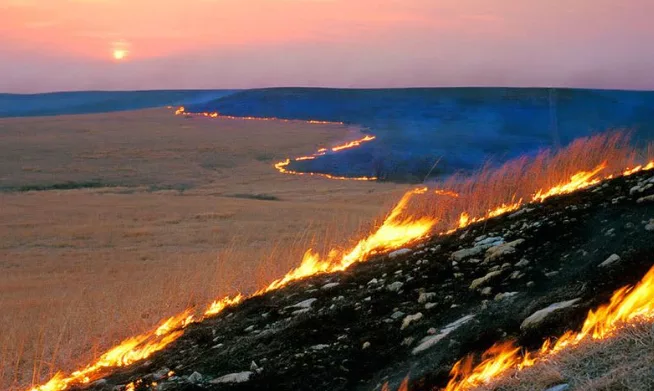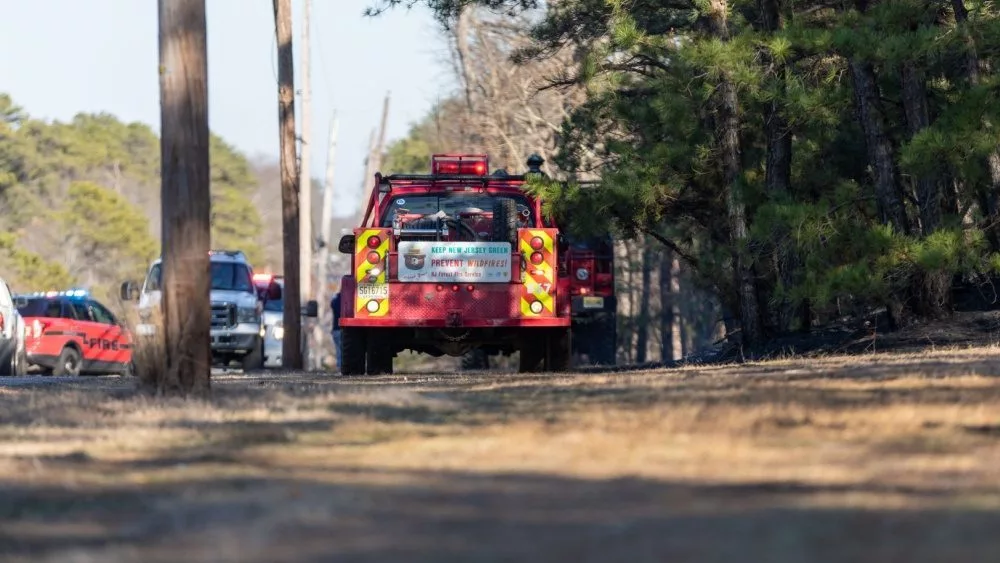The Kansas Department of Health and Environment is offering safety tips for residents to avoid health issues when the annual range-burning activity begins across the state, especially in the Flint Hills.
Prescribed fire is used by landowners and managers to help preserve the tallgrass prairie ecosystem, control invasive species, reduce woody encroachment from species such as Eastern Red Cedar, and provide better forage for cattle. The burning also reduces the risk of wildfires and is effective in managing rangeland resources. Smoke from the burns can influence the air quality of downwind areas, and smoke management techniques are used to reduce the impact on air quality and health.
KDHE will activate the Kansas Smoke Modeling Tool in early March, just before widespread burning begins in the Flint Hills. The computer models use fire data and current weather conditions to predict the potential contribution of smoke and air quality impacts to downwind areas. There are approximately 2.2 million acres burned on average in the Flint Hills of Kansas and Oklahoma each year.
KDHE Bureau of Air Director Douglas Watson said in a press release, “We continue to encourage ranchers and land managers to utilize smoke modeling resources, such as the smoke modeling tool to mitigate potential air quality impacts.”
Prescribed burns release large amounts of particulate matter and other pollutants that can form ground-level ozone. Particulate matter and ozone can cause health problems, even in healthy individuals. Common health problems include: burning eyes, runny nose, coughing, and illnesses such as bronchitis. People with respiratory conditions, cardiovascular diseases, children and elderly are more vulnerable to experience symptoms.
The City of Wichita will issue Ozone Alerts on days when a significant impact is expected from smoke. KDHE is offering some health advice:
- Healthy people limiting or avoiding strenuous outdoor activities
- Vulnerable people should remain indoors
- Keep indoor air clean by closing doors and windows and running air conditioners with air filters
- Stay hydrated by drinking lots of water
- Contact your doctor if you have symptoms such as chest pain, chest tightness, shortness of breath
Burn bans will be in effect for April in a number of counties.







